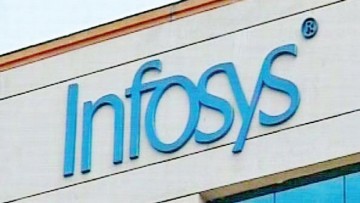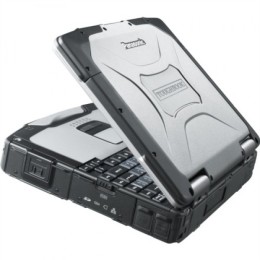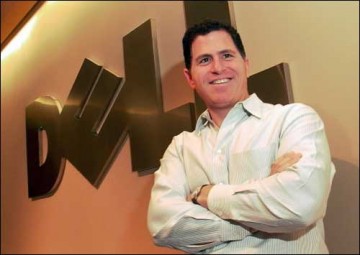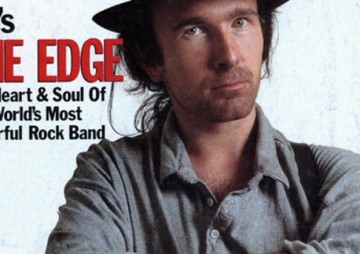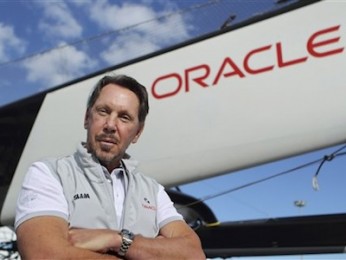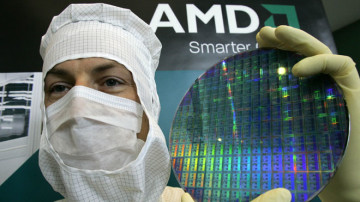 Capita and Birmingham City Council have sorted out their differences and signed a new IT services deal after scrapping the mammoth Service Birmingham joint venture.
Capita and Birmingham City Council have sorted out their differences and signed a new IT services deal after scrapping the mammoth Service Birmingham joint venture.
The old deal called Service Birmingham saw Capita provide IT services to Birmingham City Council from 2006, but was came under constant criticism for at one point costing upwards of £180 million annually.
Cllr Ian Ward, deputy leader of the City Council, said: “As is widely known, the shape and objectives of the council are changing due to a wide range of factors including reduced funding for local government, changes in population profile and an ever-altering technological landscape.
“Our ICT and digital service needs to support and lead in achieving those objectives, while providing flexibility, added value and having the ability to continue delivering a day-to-day service while making this transition.
“This deal will see the council gradually take more control of its ICT and digital strategy over the next four years, with Capita and the council working together. Through these negotiations we have been able to secure the savings we need to protect frontline services and start the ball rolling on the process that will enable us to meet the challenges of the future.”
Service Birmingham joint venture was flawed by commercial restrictions, with the new services contract set to be in place until 2021. The proposal will go to the council’s Cabinet today, but is expected to go through on the nod.
